Sufism and Bhakti Movement
Sufism
- Originated in Persia & spread to India by 11th century.
- 1st Sufi saint was Shaik Ismail of Lahore
- Most famous Sufi saint of India was Khwaja Muinuddin Chishti, who settled in Ajmer which became centre of his activities
- His disciples were called Sufis of Chisti order > Nizamuddin Aulia of Chisti order became a mighty spiritual force
- Sufism stressed on Love & devotion as an effective & only mean of realization of God & attaining salvation
- According to Sufism, Love of God meant love of humanity, they believed service to humanity equals service of God
- Self-discipline was key to gain knowledge of God by perception
- Sufism believed in inner purity not in rituals, they believed in brotherhood & in one God (Did not believe in class division)
- According to them, one must have guidance of a Pir or Guru, without whom spiritual development is impossible
- Sufism inculcated a spirit of tolerance among its followers
- Sufism emphasized on Meditation, Good action, Repentance of sins, Performance of prayers, Pilgrimage, Fasting, Charity & Suppression of passions by ascetic practices
- When Sufi movement was becoming popular in India, about the same time Bhakti cult was also gaining strength among Hindus.
- The liberal & unorthodox features of Sufism had a profound influence on medieval Bhakti Saints
Bhakti Movement
900 AD > Shankaracharya
- Born in Kaladi, Kerala
- Followed doctrine of advaita / monoism (Non duality & oneness of God)
- Faced reaction against his concept of Nirgunbrahamana (or God without attributes) due to emergence of idea of Sagunabrahamana (or God with attributes)
1200 AD > Ramanuja
- Born in Sriperumbur, Chennai
- Advocated Prabhattimarga (or path of self-surrender) to God
- Preached philosophy of vishishtavaida; According to which God is Sagunbrahamana
- Taught that God is an inner substance & rest are his attributes, Hence God, Soul & matter are real
- According to him, creative process & all objects in creation are real, not illusionary as depicted by Shankaracharya

1300 AD > Madhava @ Kannada
- Propagated the philosophy of Dvaita, Dualism of Jivatma & Parmatma
- According to his philosophy, world is not an illusion but a reality & God, soul & matter are unique in nature
| Nimbarka | Propagated Dvaitaadvaita | Preachers of Vaishnavite Bhakti in Telangana region |
| Vallabhacharya | Propagated Shudhhaadvaita – Pushti marg | |
| Surdas | Disciple of Vallabhacharya | Popularised Krishna cult in North India |
| Mirabai | Great devotee to Krishna | Popular in Rajasthan for Krishna Bhajans |
| Tulsidas | Worshiper of Rama | Composed Ramcharitmanas in Hindi |
| Gnandeva | Founder of Bhakti movement in Maharashtra | Wrote commentary of Bhagvat Gita called Gnaneswari (Maharashtra Drama) |
1400 – 1500 AD > Ramananda, Kabir & Nanak
- Great apostles of Bhakti movement > Helped common people to shed old age superstitions
- Preached salvation by Bhakti & pure devotion
- Did not linked themselves with any particular religious creed
- Emphasized on fundamental unity of all religions & never believed in rituals & ceremonies
- Condemned polytheism, denounced all type of idolatry & believed in one god.
- Believed only Bhakti as a mean to attain salvation
Ramanada
- Ram worshiper, born at Allahabad & originally follower of Ramanuja
- Later he founded his own sect & preached his disciples in Hindi at Banaras & Agra (1st time in vernacular language)
- He strongly believed in 2 ideals, namely:
- Simplification of Worship
- Emancipation of people from traditional caste rule
- He choosed his disciples from all sections of the society irrespective of any caste viz.
| Kabir | Muslim Weaver (His verses are compiled in Bijak by kabirpanthis) |
| Raidasa | A cobbler |
| Sena | A barber |
| Sadhana | A butcher |
| Dhanna | A Jat farmer |
| Naraharai | A goldsmith |
| Pipa | A Rajput Prince |
Kabir
- Born near Banaras; Borned to a Brahmin family but brought up by a weaver Muslim family
- Was familiar with both Hindu & Muslim teachings
- Regarded devotion to God with a pure heart as effective mean to attain salvation
- Pure heart, according to Kabir, meant free from cruelty, Dishonesty, hypocrisy & insincerity.
- His primary object was to reconcile Hindu & Muslims and establish harmony between them
- Emphasized oneness of all religions by describing Hindus & Muslims as Pots of same clay.
- To him Ram & Allah, Mandir & Mosque were the same
- Denounced idolatry & rituals (Like Pilgrimage, Bathing in holy river, Namaz & Prayers etc.
- Laid emphasis on equality of man before God
Guru Nanak (1469)
- Born in Talawandi near Lahore, trained in accountancy > Disciple of Kabir
- Founder of Sikh religion & was highly practical & ethical > His disciples were known as Sikhs
- Denounced caste distinctions & rituals like Pilgrimage, Bathing in holy river, Namaz etc.
- Emphasized on giving up selfishness, falsehood & hypocrisy and to live life with truth, Honesty & Kindness
- He composed hymns and sang them to the accompaniment of the ‘Rabab’, a musical instrument.
- “Abide pure amidst the impurities of the world” was one of his famous teachings.
- Dedicated life to establish harmony b/w Hindu & Muslims
Chaitanya
- Born in Bengal & popularized Kirtan (or musical gatherings) of Krishna cult.
- Though he was a Brahman he condemned the caste system and emphasized on the equality of all.
- Renounced the world & became ascetic
- Believed that through love & devotion, song & dance a devotee can feel the presence of God.
1600 AD (Eknath) > Opposed caste systems & formed many lyrics & Bhajans.
For more updates, explore the Ancient India History. Feel free to share your thoughts and comments.
If you’re passionate about building a successful blogging website, check out this helpful guide at Coding Tag – How to Start a Successful Blog. It offers practical steps and expert tips to kickstart your blogging journey!
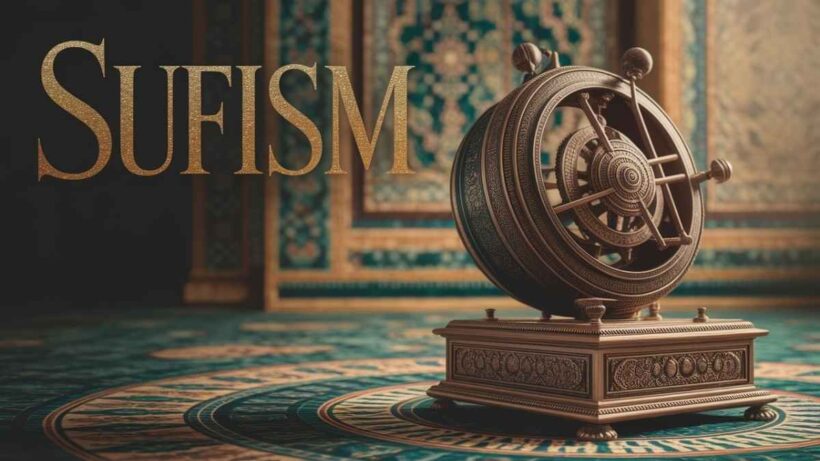
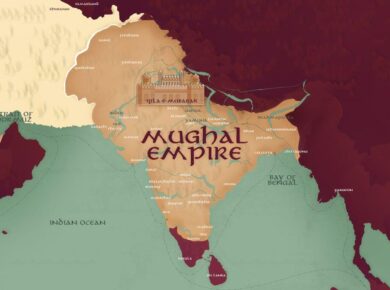
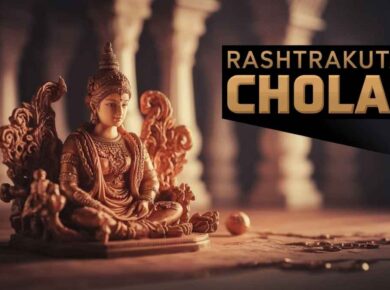
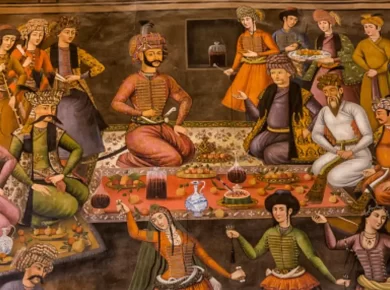
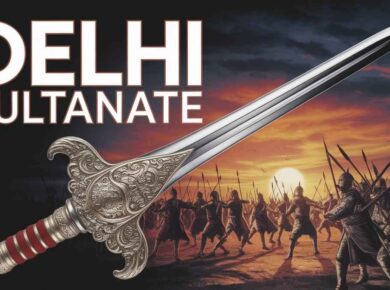
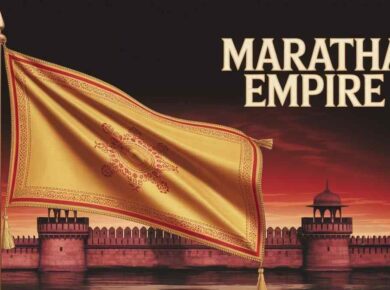
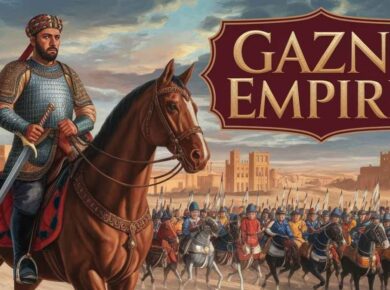
3 comments
very much to share the knowledge.
thankyou very much to share the knowledge.
sir
shankaracharya…788 CE